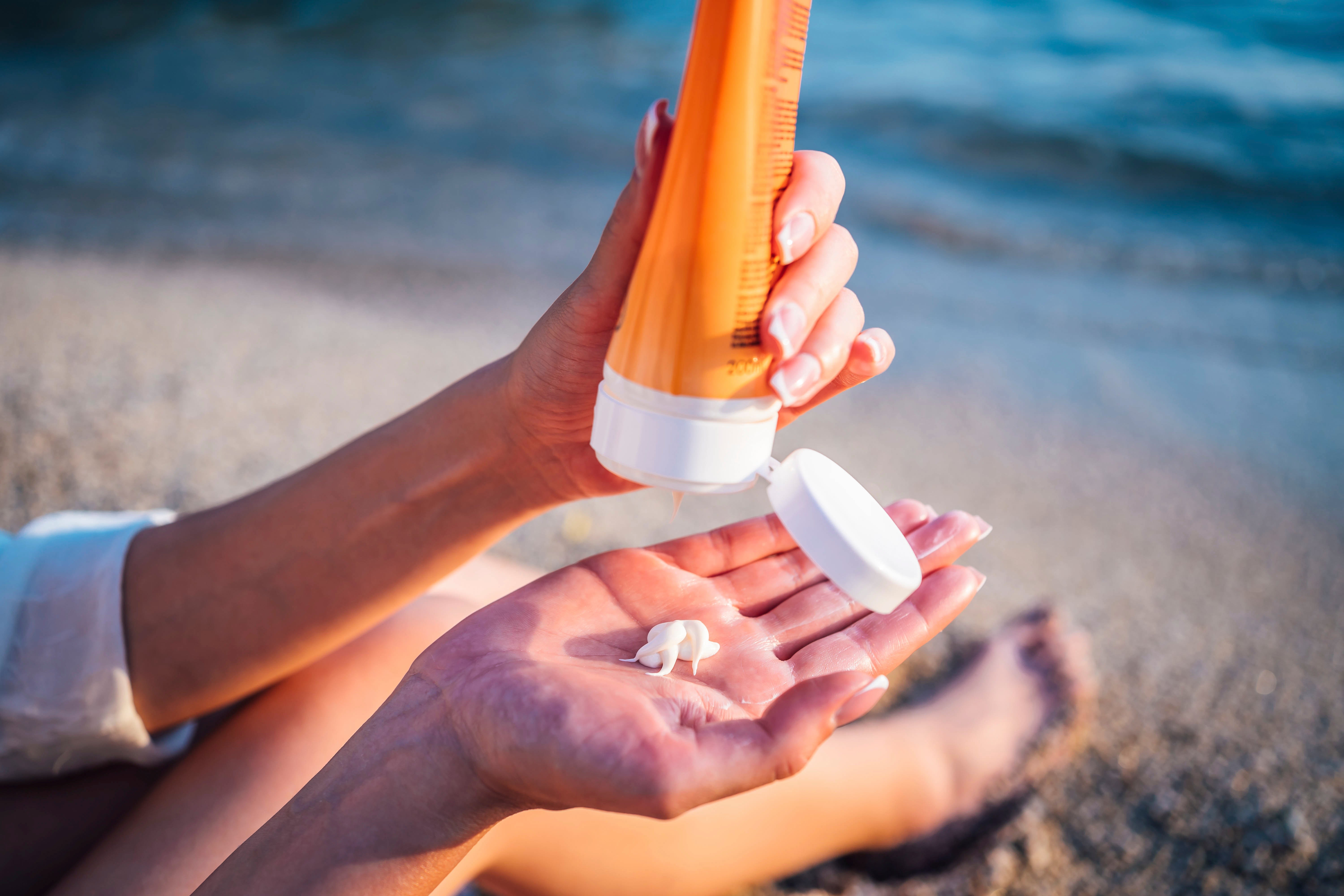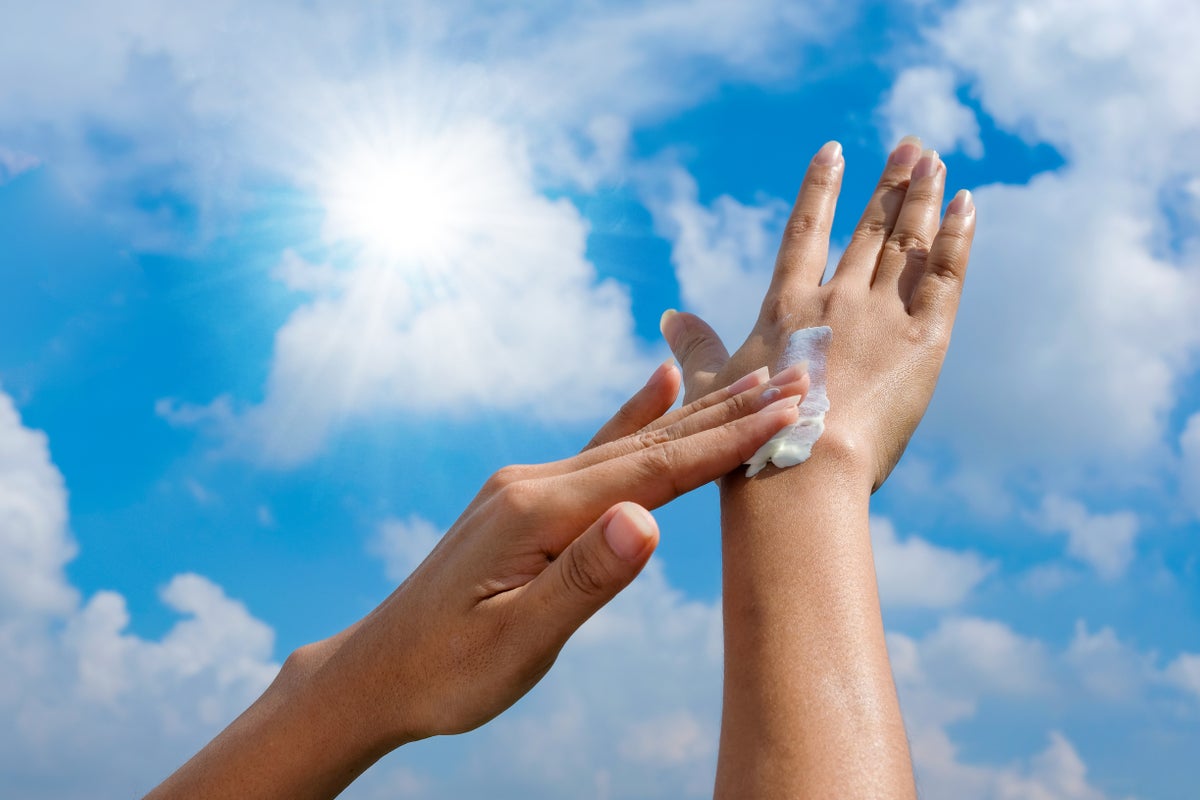A new sunscreen made using the pollen from Camellia flowers will not only block harmful UV rays from the sun, but will cool wearers down too, while also reducing the ecological impact of traditional protective suncreams, researchers claim.
Materials scientists at Nanyang Technological University, Singapore (NTU Singapore, said that in experiments, the pollen-based sunscreen absorbed and blocked UV rays as effectively as commercially available sunscreens, which commonly use minerals like titanium dioxide and zinc oxide.
The research team said their tests revealed their Camellia pollen-based sunscreen has an “ability to reduce surface skin temperature, thereby helping to keep the skin cool in the presence of simulated sunlight”.
The effect means skin temperature remains about 5C cooler for 20 minutes, compared to other commercially available suncreams.
The team said the cooling effect is attributed to the pollen’s natural properties, which absorb less energy in the visible to near-infrared spectrum – the wavelengths largely responsible for heat generation.

Furthermore, the team assessed the environmental impact of their sunscreen by examining its effect on coral compared to standard sunscreen.
They found commercial sunscreen caused coral bleaching in just two days, leading to coral death by day six. In contrast, the pollen-based sunscreen did not affect the corals, which remained healthy even up to 60 days.
Each year, an estimated 6,000 to 14,000 tonnes of commercial sunscreen make their way into the ocean, as people wash it off in the sea or it flows in from wastewater, the researchers said.
Lead author of the study, Professor Cho Nam-Joon, President’s Chair in Materials Science and Engineering at NTU Singapore, said that pollen is widely available and often consumed for its health benefits.
“We know that pollen is naturally UV-resistant, as its shell needs to protect its inner contents from harsh environmental conditions, including sunlight. Our research aimed to develop a way to process pollen grains into a gel-like form, so that they can be easily applied to human skin,” explained Prof Cho, who is also NTU’s Director of Flagship Programmes and the Director of the Centre of Cross Economy at NTU.
“We wanted to develop an affordable and effective natural sunscreen that is non-allergenic to humans and eco-friendly to the environment. This is where NTU leveraged our deep expertise in materials science and engineering to develop a sustainable real-world solution that has an impact on both humanity and the Earth.”
For those concerned about pollen activating hayfever, the team has allayed those fears too, writing not all types of pollen cause allergy and Camellia pollen is generally considered non-allergenic, as it is a self-pollinating flower.
So when can we get our hands on this magic sun potion and why haven’t we been slathering ourselves cool during the hottest UK summer on record?
The sunscreen is not available immediately, but the team said together with the university they are looking into scaling up the technology, and also hopes to work with industry partners to commercialise a product.




